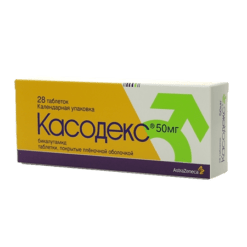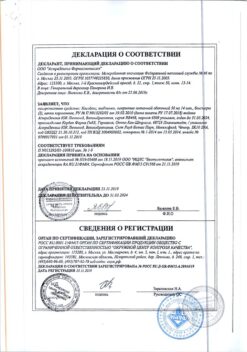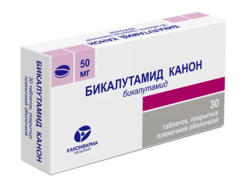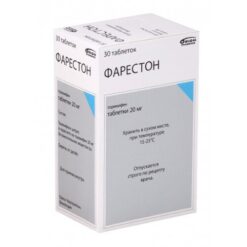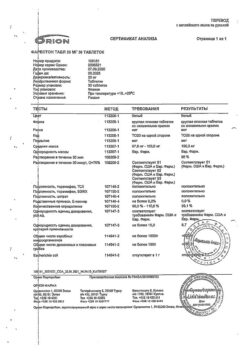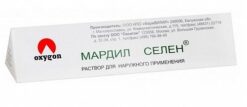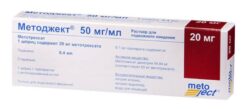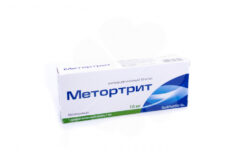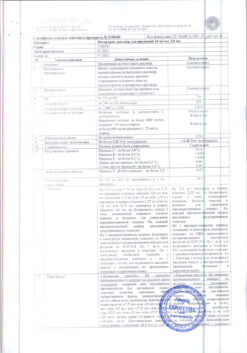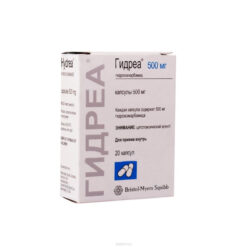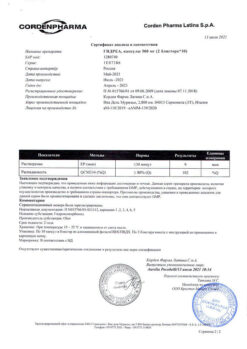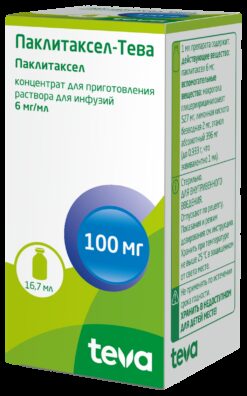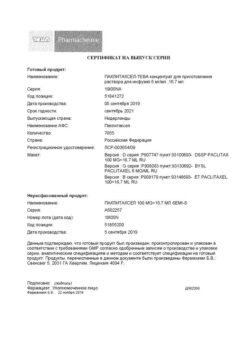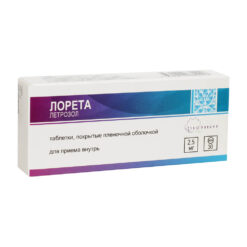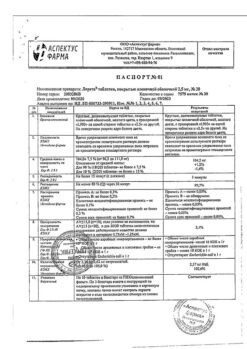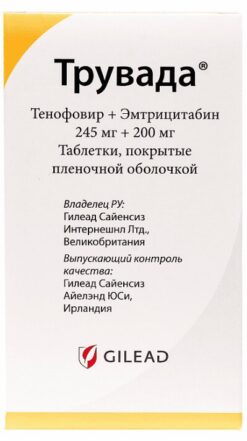No products in the cart.
Description
– Monotherapy or adjuvant therapy, in combination with a gonadotropin-releasing hormone (GnRH) analogue or surgical castration, of advanced prostate cancer;
– Treatment of locally advanced prostate cancer (T3-T4, any N, M0, T1-T2, N+, M0) as monotherapy or adjuvant therapy in combination with radical prostatectomy or radiotherapy;
The treatment of locally advanced nonmetastatic prostate cancer in cases where surgical castration or other drugs are not effective or are not acceptable
Indications
Indications
– Monotherapy or adjuvant therapy, in combination with a gonadotropin-releasing hormone (GnRH) analogue or surgical castration, for advanced prostate cancer;
– treatment of locally advanced prostate cancer (T3-T4, any N, M0, T1-T2, N+, M0) as monotherapy or adjuvant therapy in combination with radical prostatectomy or radiotherapy;
– treatment of locally advanced non-metastatic prostate cancer in cases where surgical castration or other drugs are ineffective or unacceptable.
Pharmacological effect
Pharmacological effect
Pharmacotherapeutic group:
Special instructions
Special instructions
Bicalutamide is extensively metabolized in the liver. Given the possibility of slower elimination of bicalutamide and accumulation of bicalutamide in patients with severe liver dysfunction, it is advisable to periodically evaluate liver function. Most changes in liver function occur during the first six months of drug treatment.
Active ingredient
Active ingredient
Bicalutamide
Composition
Composition
Active substance:
bicalutamide 150 mg;
excipients:
corn starch 107 mg,
croscarmellose sodium (primellose) 19.5 mg,
lactose monohydrate (milk sugar) 132.9 mg,
povidone 7.6 mg,
sodium stearyl fumarate 3 mg;
composition of the film shell:
Opadry II white 12 mg, including: polyvinyl alcohol 4.8 mg, macrogol (polyethylene glycol) 2.424 mg, talc 1.776 mg, titanium dioxide 3 mg.
Pregnancy
Pregnancy
Bicalutamide Canon is contraindicated in women and should not be prescribed to pregnant women or during lactation.
Contraindications
Contraindications
– Hypersensitivity to bicalutamide or other components of the drug;
– lactase deficiency, lactose intolerance, glucose-galactose malabsorption;
– women;
– children’s age;
– simultaneous use with terfenadine, astemizole and cisapride.
With caution:
In case of liver dysfunction.
Side Effects
Side Effects
WHO classification of the incidence of side effects:
very often – ≥1/10 prescriptions (> 10%)
often – from ≥1/100 to 1% and <10%)
uncommon – from ≥1/1000 to 0.1% and <1%)
rarely – from ≥1/10000 to 0.01% and <0.1%)
very rare – <1/10,000 prescriptions (<0.01%)
Interaction
Interaction
There are no data on pharmacokinetic or pharmacodynamic interactions between bicalutamide and GnRH analogues.
In vitro studies have shown that the (R)-enantiomer of bicalutamide inhibits CYP 3A4, affecting to a lesser extent the activity of CYP isoenzymes 2C9, 2C19, 2D6. In clinical studies using phenazone as a marker of cytochrome P450 (CYP) activity, there was no potential drug interaction with other drugs, however, when bicalutamide was used for 28 days while taking midazolam, the area under the concentration-time curve (AUC) of midazolam increased by 80%.
Overdose
Overdose
Cases of overdose in humans have not been described. There is no specific antidote.
Short product description
Short product description
Attention! Expiration date until 30.11.2021
Storage conditions
Storage conditions
In a dry place, protected from light, at a temperature not exceeding 25 ° C.
Keep out of the reach of children.
Shelf life
Shelf life
2 years.
Manufacturer
Manufacturer
Drug technology, Russia
Additional information
| Shelf life | 2 years. |
|---|---|
| Conditions of storage | In a dry, light-protected place at a temperature not exceeding 25 ° C. Store out of the reach of children. |
| Manufacturer | Drug Technology, Russia |
| Medication form | pills |
| Brand | Drug Technology |
Other forms…
Related products
Buy Bicalutamide, 150 mg 28 pcs with delivery to USA, UK, Europe and over 120 other countries.


